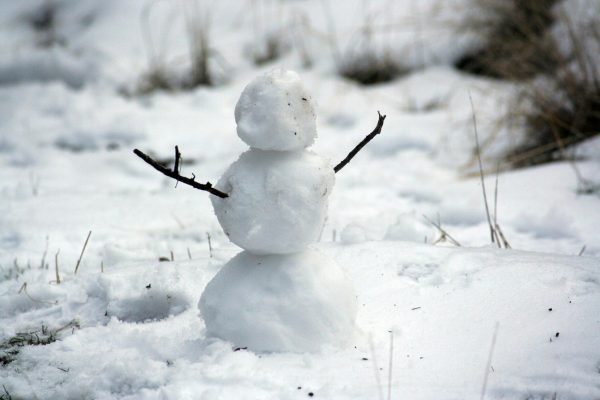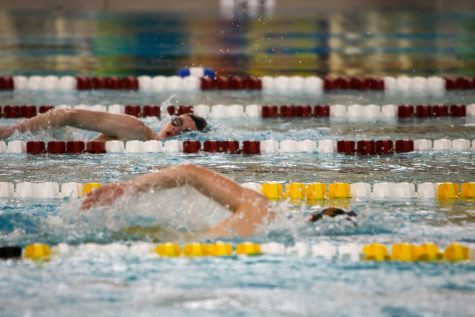Black Lives Matter: How We (The Black Community) Desperately Need People to Stop Dehumanizing Us
As a young black girl in today’s society, walking down the streets some days are terrifying. I’m afraid because when I look from person to person, I think:
‘Are they racist? Will they pull something out to kill me? Because I have watched the news and it is frightening.’
It is sometimes scary to meet new people. They could have something against me if they don’t like black people.
Hello, my name is Tracy Lamptey, I am a junior at Bloomington High School North, I’m a black young girl, and also proudly acknowledging my heritage, I am from Ghana, West Africa.
As part of my desire to explore this matter, I decided to interview a couple of white individuals’ perspectives on Black Lives Matter.
~ * ~
North junior Thalia Halloran is passionate about Black Lives Matter.
Even though she’s not black, she expressed empathy towards the black community, as well as an understanding of what’s happening and the risks involved.
“Nobody should ever feel afraid of walking down the street, of getting their wallet out, of being in their own home with a toy gun,” she said with tears in her eyes.
People like Halloran are the reason why Black Lives Matter exists.
“It is a movement that rose around unfair police brutality against the African American community,” Halloran said.
North social studies teacher Steve Philbeck captured the movement in a simple sentence.
“It’s a call for people to notice that black people are human beings too,” Philbeck said.
The Black Lives Matter movement began in response to the police shooting of Trayvon Martin. The movement grew exponentially starting on July 13, 2013. The hashtag #blacklivesmatter brought in a broader audience.
“Like the South Carolina shooting, the guy that went into the church and prayed with people and shot them all, and Tamir Rice who was 12-years-old and killed for having a toy gun,” Halloran said, explaining the incidents that have lead her to believe in the Black Lives Matter Movement. “Those things are just disgusting to me, and so many kids, especially who are just walking around, just having fun, or adults who are mentally ill [and] need help, [but] instead of getting help, they get shot. All of those things made me realize that there was just something wrong and I needed to speak out against it.”
Other killings that contributed to the national outrage include (name), a black teenager, shot by a white officer in Ferguson; the black man shot in Baton Rouge by police officers after pinning him down outside a convenience store; a woman and her daughter being present in the car after a police officer pulled over her husband and shot him; a man killing the black people in the church after praying with them.
“I think that no one, regardless of race, regardless of everything, should have to feel unsafe all the time,” Halloran said. “I think that specifically large numbers of the African American community are beginning to feel that unsafe all the time. And that’s disgusting to me.”
Philbeck argued that the primary issue has to do with the individuals who possess guns.
“Guns are not the enemy of anybody, people are the enemy of people,” Philbeck said. “But the availability of guns and the availability of the kinds of guns that people can get makes a huge difference. We would’ve had maybe one cop killed in Dallas instead of whatever the number was which was much higher of course if that guy couldn’t buy an automatic weapon. So it’s not about guns, it’s about the kinds of guns that people can buy now.”
Halloran argues the same point but looks at it from a different perspective.
“I think that police need better training and better accountability to make sure that you’re not hiring who’s been transferred around from other precincts because of violence,” Halloran said. “Because of these specific cops who have done these shootings have had things on their record before for violence. But I don’t think that the guns themselves are the problem.”
~ * ~
After interviewing Halloran and Philbeck, two white individuals are willing to stand up for the Black Lives Matter movement, I felt more supported. It makes the grim situation that the black community has faced for centuries a little easier to face.
I hope that in five or 10 years, when I walk down the streets, I won’t have the same fearful thoughts. I hope that people like Halloran and Philbeck continue to join the Black Lives Matter movement. When different races come together, it makes all the difference. We can inspire change together.






